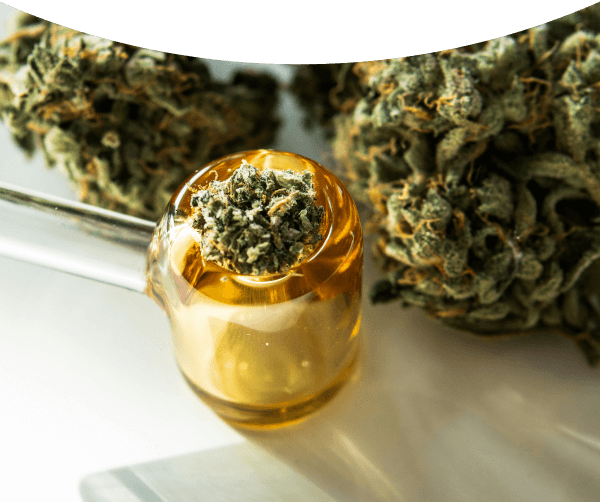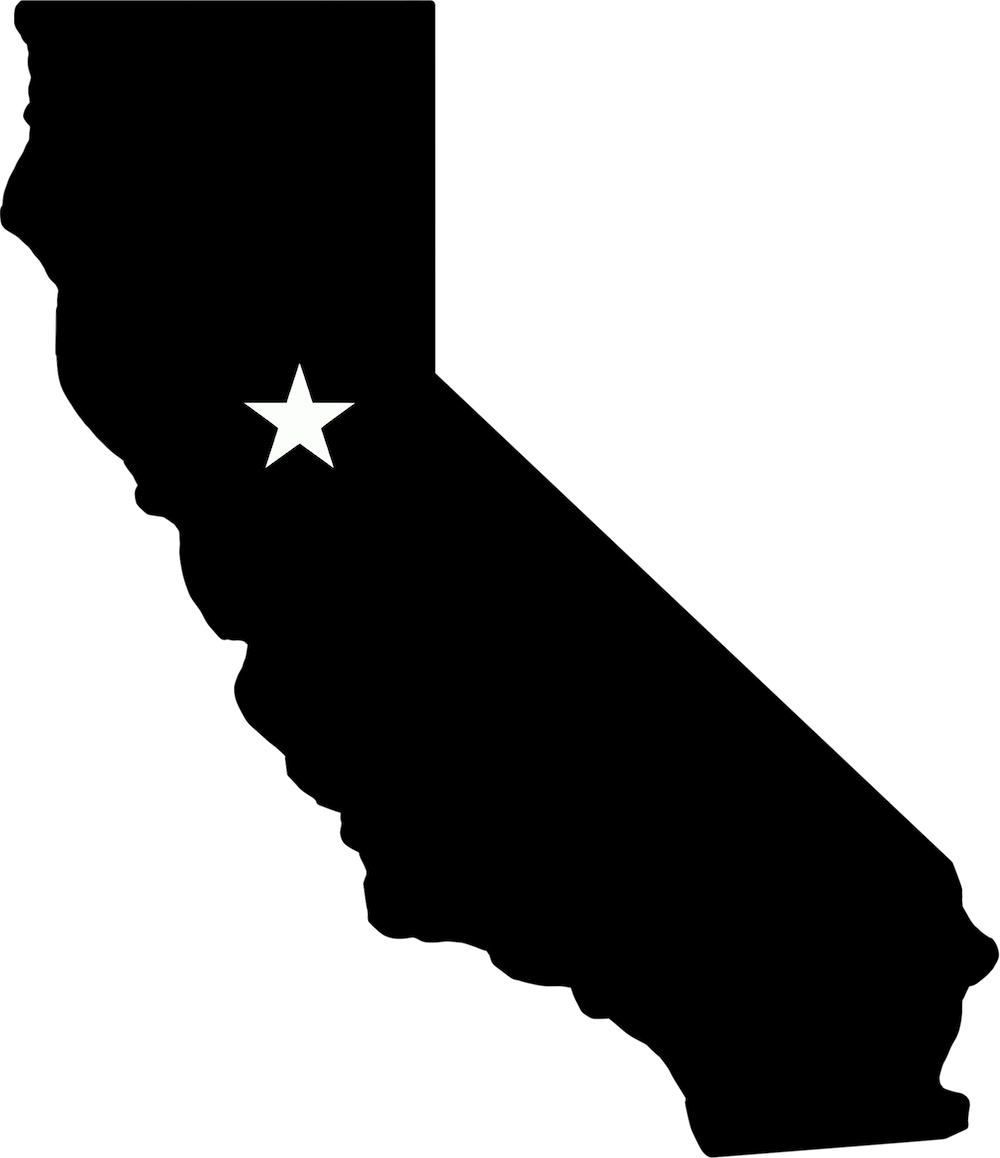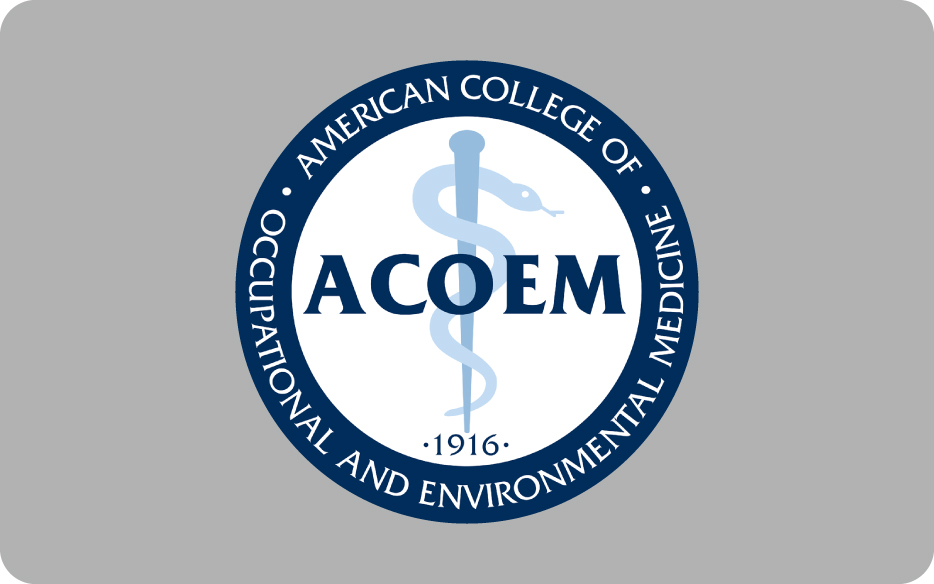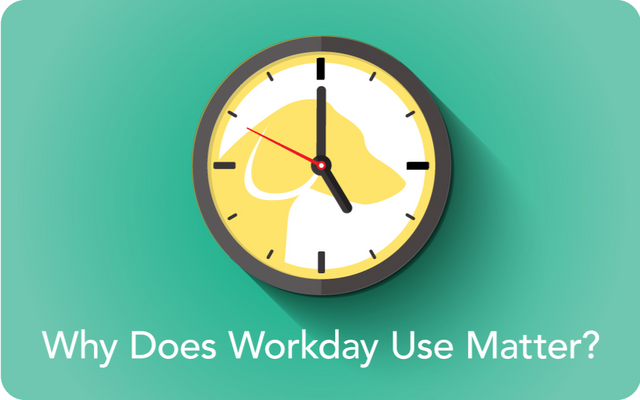A new law in California – Assembly Bill 2188 – limits many California employers from taking adverse employment action based on a test result that reflects off-duty cannabis use. As of January 1, 2024, CA A.B. 2188 eliminates urine and hair testing as options for most employers since they detect “non-psychoactive THC metabolites” that indicate past use. This law DOES NOT prevent employers from testing for cannabis. Employers may continue to conduct cannabis testing and take action based on positive test results using drug tests that do not screen for non-psychoactive THC metabolites and do not reflect past use that occurs outside of the workday.
Recent use cannabis breath testing is the ideal solution for many California employers. This test fully complies with the new law by:
A NEW CANNABIS TEST FOR CA A.B. 2188
Drug testing is a proven deterrent to workday substance use. Navigating changing cannabis testing laws, however, can feel overwhelming. While some employers may consider dropping cannabis testing in response to CA A.B. 2188, removing THC testing increases an organization’s exposure to safety risks and costs associated with workday cannabis use.
Source: Quest Diagnostics, NSDUH, National Safety Council
Governing bodies such as OSHA and ACOEM assert that employers have a legal and ethical responsibility to protect employees from workplace illness, harm, or injury. A.B. 2188 does not remove an employer’s obligation to maintain a drug and alcohol-free workplace as specified in the California Health and Safety Code.
“Employers have a legal responsibility to protect employees from workplace illness or injury under the OSHA general duty clause. Employers also have an ethical responsibility to prevent impaired workers from exposing themselves, their co-workers, and/or the general public to risk and harm.”
– American College of Occupational and Environmental Medicine

RISKS OF DISCONTINUING CANNABIS TESTING
BREATH TESTING ADVANTAGES UNDER CA A.B. 2188
A recent use breath test detects the active THC molecule and provides the industry’s shortest detection window of 2-3 hours, fully aligning with workday use language in a way that not even oral fluid testing and its 12-72 hour detection window can support.





